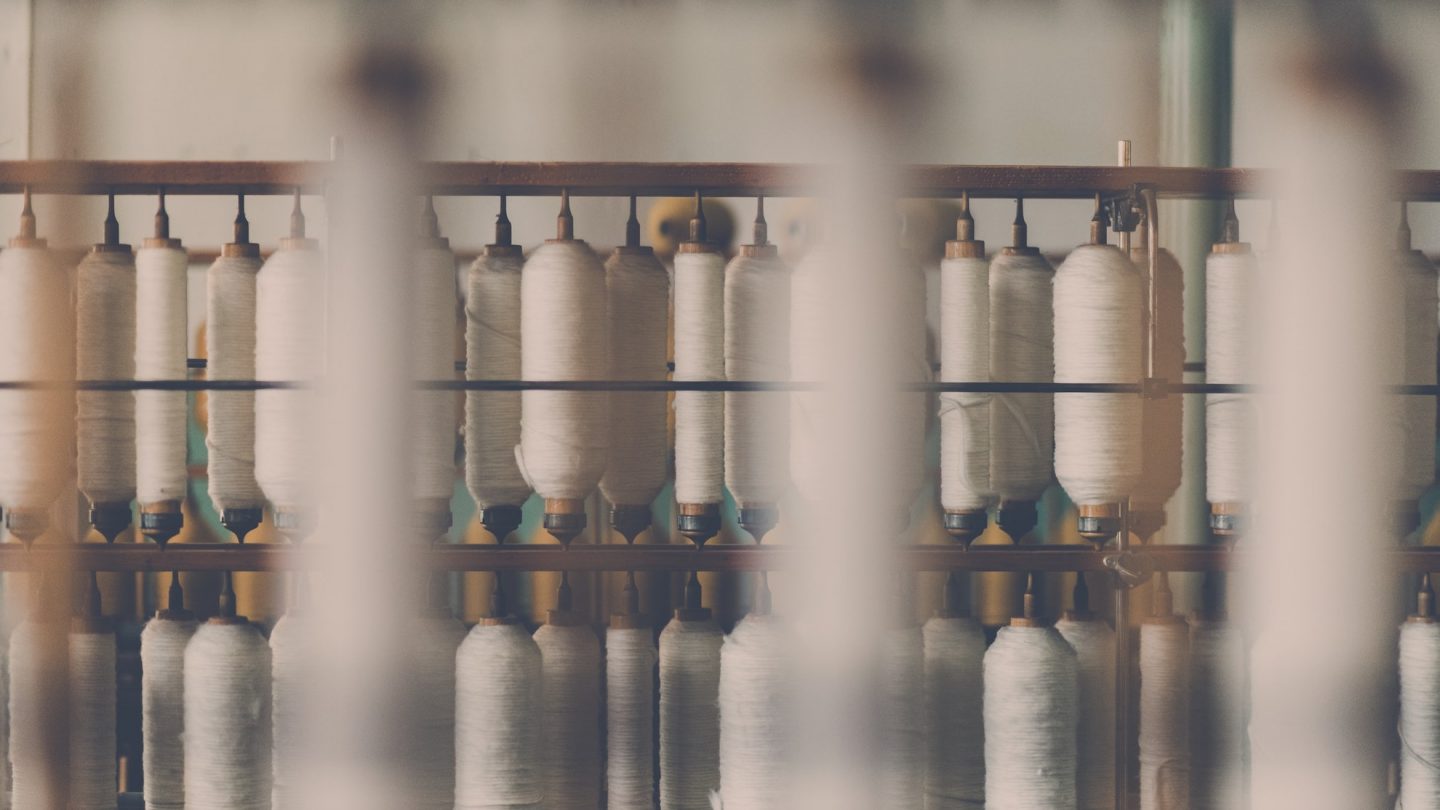Bill Pridham, portfolio manager of the Ellerston Global Mid Small Cap Fund, comments on this conundrum.
“Everybody says they want to do this until they have to pay for it. And all these companies are developing these innovations and spending a lot of money and time on R&D, for large corporations and consumers there’s a bottom-line impact to watch as well.”
.png)
Note: This interview took place on 1 September 2023. Ellerston Global Mid Small Cap Fund has holdings in the companies mentioned in this wire.
Sustainability always costs more?
It’s a line we’ve heard many times as a rationale for not adopting sustainable practices and maintaining the status quo. But, as Pridham observes, “It’s the same with any scale business. It will be more costly until we get that scale benefit pull through to lower prices.”
Take the example of Graphic Packaging International (NYSE: GPK)
They’ve been making a reusable coffee cup for six years now. Or more than that: it’s probably been 10 years. In the early days, it was 30% more expensive than a normal cup and people just wouldn’t buy it, so they test that elasticity. They’ve been able to take it down to 10% just with new innovations. And customers are willing to pay.”
As Pridham notes in this earlier interview, the minimum test for inclusion in the fund is Do No Harm. But, for Pridham, that can’t come at any cost: “One of the metrics we’ve watch is that these initiatives create value for all stakeholders including consumers and shareholders.”
To stay ahead of consumer preferences, packaging companies develop new products and then adapt existing production facilities or build new manufacturing sites to produce the innovative packing. This takes capital expenditure, and it takes time. That’s when being a long-term investor can help.
“We’ve owned Graphic Packaging for several years now. We are more than happy to wait. It’s not a trust function. It’s an evidence function that the management has done this before and they’ll do it again. On the whole, we’re happy to watch them execute over a period of time.”
To get to the innovation, packaging companies inhouse R&D, deployed on design technology software. The fund invests in PTC Inc (NASDAQ: PTC), a global software company providing digital technology to manufacturing companies. Pridham is a massive fan of technology. “PTC, and the development of Generative AI, the demand for this development software is going to increase as well.”
Global investment opportunities in sustainable packaging
Pridham likes Graphic Packaging for all the reasons he’s given us above.
He also likes SIG Combibloc Group (SIX: SIGN), a Swiss-headquartered but global producer of packaging solutions and one of two firms globally that produce long life aseptic packaging (think long life milk or oat milk or other shelf-stable products). We’re familiar with these types of packages. This form of packaging also means providing products that allow long life consumption in areas, which may not have the best infrastructure such as refrigeration logistics. He explains why:
“They’ve just come out with a brand-new product called Sig Tera which is a hundred percent plant-based. They’re moving towards a fully recyclable product. By 2025, they’ll have an 85% fully paper-based product. Right now, you have a little bit of aluminium in the seal and they’ve come up with a way to engineer that out.”
One of the thorniest problems in sustainable packaging is what to do with soft plastics after the consumer has taken the product out of this packaging. It’s a problem here in Australia, as discussed in this wire. It can’t be recycled via the yellow household waste bin.
Pridham notes that soft plastics are harder to recycle than hard plastics like PVC. He likes The Azek Company (NYSE: AZEK), a manufacturer of outdoor living products from recycled hard and soft plastics.
He observes their scale: “They’re going from 600 million pounds now to over a billion pounds by 2026, in terms of recycling. They have recycling collection capabilities around all this as well.”
His final favourite on this theme exploits the opportunities created in response to regulatory risk, such as laws that extend responsibilities to the manufacturers of goods for where their products end up; what is known as a ‘littering tax’.
It’s already been implemented at the EU level (the EU plastics contribution introduced in 2021). It is currently being rolled out across Canada (the extended producer responsibility regime). Pridham likes North American waste management company GFL Environmental (NYSE: GFL).
“These large multinationals have to tell and trace where their product is, and that’s giving the waste management companies a new revenue stream.”
Access global companies that you won’t find in most portfolios
Ellerston Capital manages a concentrated global equity portfolio with a mid/small cap bias based on their highest conviction ideas from a filtered universe of sustainable securities. To learn more, please visit their website.
